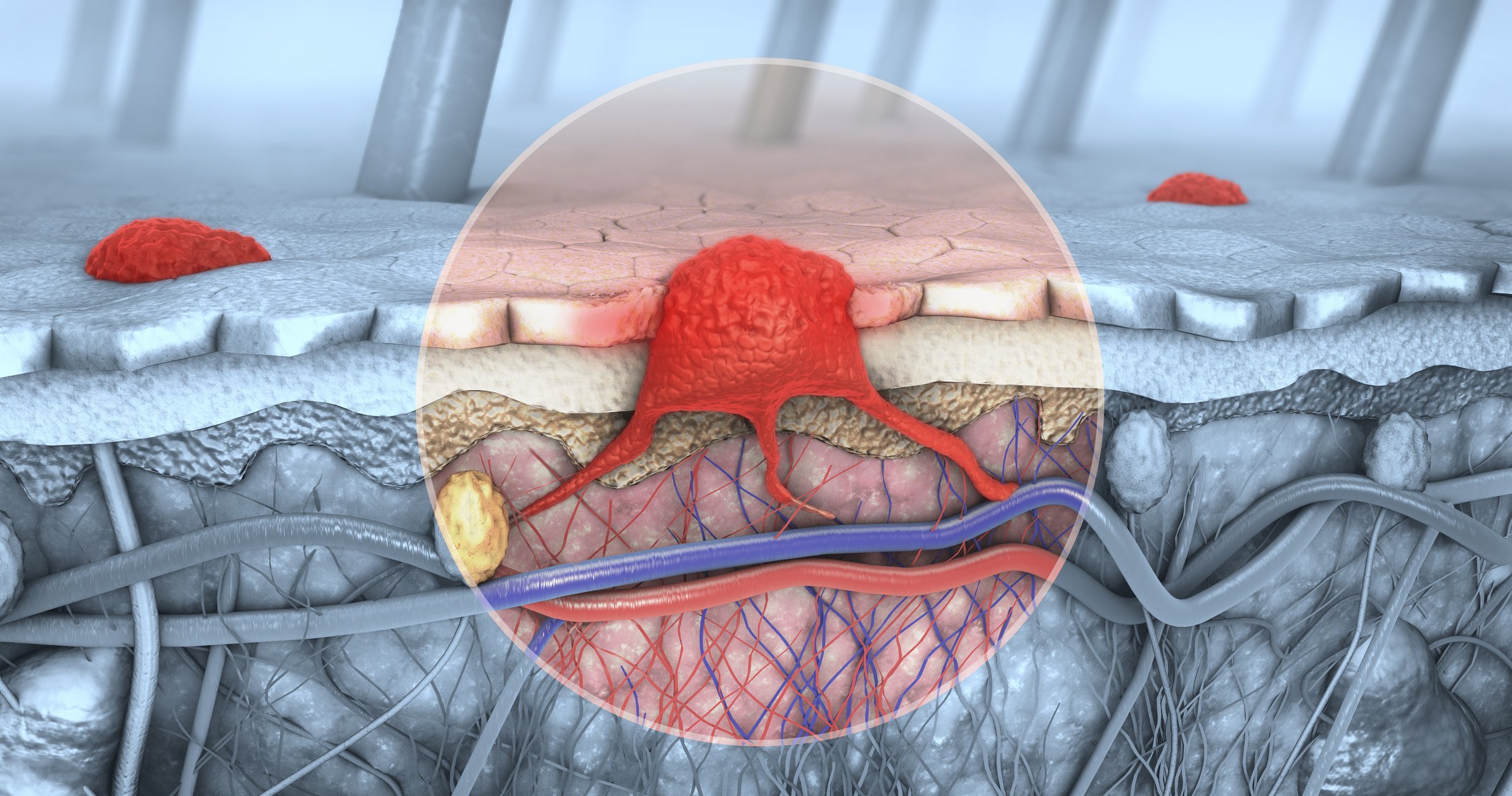Family physicians play a key role in the elimination of hepatitis. The hepatitis C therapies available today are uncomplicated and, since the beginning of this year, can be prescribed in the family doctor’s office. However, many primary care physicians appreciate the guidance of a specialist. Hepcare offers a structured treatment program in which specialists assist the primary care physician with treatment, if desired.
Worldwide, hepatitis C virus (HCV) infection is one of the major causes of chronic liver disease [1]. If left untreated, chronic hepatitis C infection can cause serious liver damage. The virus multiplies in liver cells and causes inflammation in liver tissue. HCV is highly mutable, so the body is usually unable to fight it effectively. In around three quarters of those affected, an acute infection develops into a chronic disease. Hepatitis C infection should be treated in any case and as early as possible. Nowadays, the chances of recovery are very good. The introduction of direct acting ant ivirals ( DAAs) have revolutionized treatment options. The currently available drug combinations are not only highly effective, but also have an excellent side effect profile and a simplified mode of administration compared to the past. In Switzerland, since January 1, 2022, all primary care physicians can initiate/perform therapy with Epclusa® or Maviret® in patients with confirmed active hepatitis C infection (without liver cirrhosis) [2,3]. HepCare offers support to primary care physicians in this regard. Therapy with antiviral drugs lasts 8-12 weeks, leads to cure in more than 96 percent of cases, and is covered by basic insurance [4].
HCV patients in family practice.
What is the concrete procedure when a patient tests positive for the hepatitis C virus in the family doctor’s office and one decides to use the treatment mode launched by Hepcare?

“Informed Consent”: HepCare offers the “Test, Treat, Be Cured” information sheet for patients. If the patient consents to therapy with the family doctor, a specialist must be consulted. The HepCare Project maintains a list of collaborating specialists (www.hepcare.ch) [3].
- Information for the patient dossier: The HepCare checklist helps to compile the data required for the patient dossier. If the APRI score (Fig. 1) is ≥1, if alcohol consumption is excessive, or if liver damage is already present, elastography should be performed to detect possible cirrhosis. If the APRI score is between 0.5-1, a fibroscan should be considered. In these cases, referral to the specialist is recommended.
- File consultation assessment and prescription of Epclusa® or Maviret®: The patient file is forwarded by the primary care physician to the HepCare specialist. The specialist examines the file and, if desired, issues the prescription for the hepatitis C medication (box). The specialist is available to answer any questions and settles his own expenses for the file consultation directly with the health insurance company.
- Implementation of hepatitis C therapy: for polymedicated patients, it is recommended that the potential for interaction be assessed using this online tool: www.hep-druginteractions.org
- Laboratory control during the course of therapy: The patient may be called in for a laboratory check-up (blood count, transaminases, creatinine, HCV RNA) two weeks after the start of therapy.
- Success control 12 weeks after the end of therapy: The final control takes place at the earliest twelve weeks after the end of therapy. The viral load (HCV RNA) is measured. If the patient is virus-free, he is cured. In certain patients, for example if there is advanced liver damage, regular follow-up is necessary even after successful completion of therapy. The specialist is available to advise on this.
Congress: KHM Lucerne
Literature:
- Polaris Observatory HCVC: Lancet Gastroenterol Hepatol 2017; 2: 161-176.
- Drug Information, www.swissmedicinfo.ch, (last accessed 07/21/2022).
- Hepcare, www.hepcare.ch, (last accessed 07/21/2022).
- “Hepatitis C therapy by primary care providers: experiences from the Hepcare project”, Seminar A 7, KHM Congress Lucerne, 30.06.2022.
HAUSARZT PRAXIS 2022; 17(8): 15












